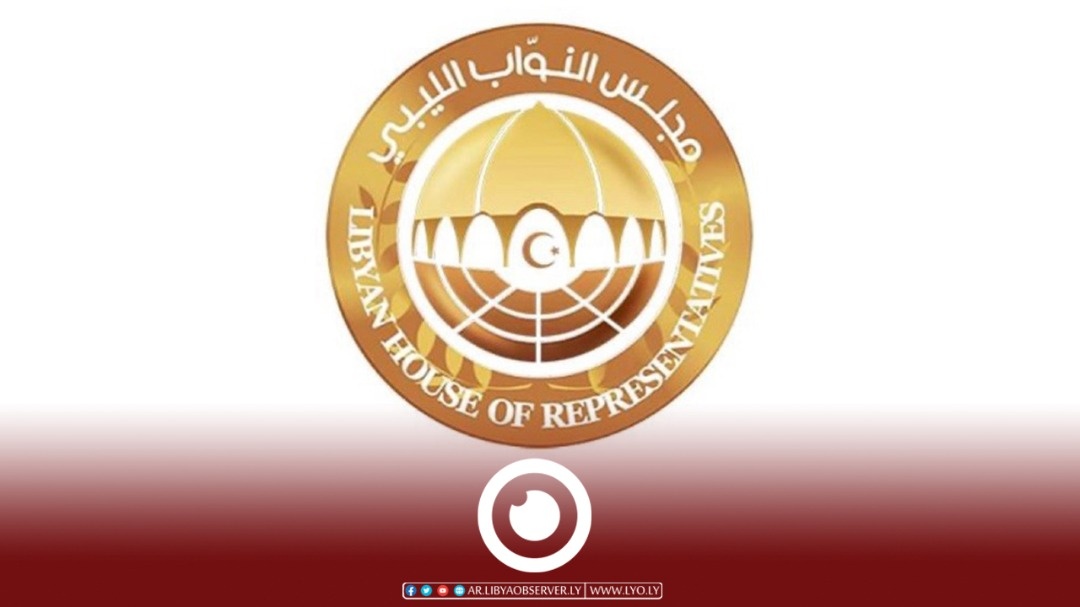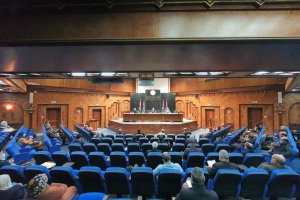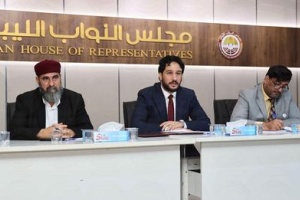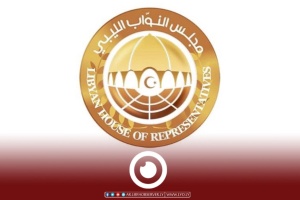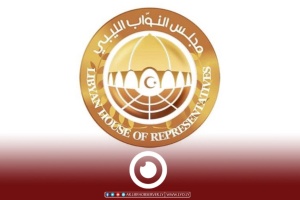The Chairman of the internal affairs committee of the House of Representatives (HoR), Suleiman Al-Harari, has voiced his deep dissatisfaction with the European Union's (EU) policies towards the immigration crisis, considering those policies mainly responsible for the aggravation of the humanitarian situation in Libya.
Al-Harari said that the EU's policy of intercepting immigrants in the middle of the sea and returning them to Libya cannot lead to an alleviation of the crisis, stressing that Libya, which is suffering from political and economic crises, cannot address the crisis of immigration flows on behalf of Europe, a statement posted by the spokesman for the HoR Abdullah Blehiq on Facebook has explained.
Al-Harari said that the poor conditions experienced by the Libyan institutions concerned with immigration, like the Anti-Illegal Immigration Authority, which is affiliated with the immigrants' detention centers, has become unable to provide food and medical assistance to the thousands of illegal immigrants who arrive in Libya on a daily basis, not to mention dealing with dangerous types of diseases, epidemics, and difficult human cases, which threaten the collapse of the Authority and its inability to carry out its tasks.
He also demanded that the immigrants be transferred to a third country, referring to the weakness of the EU's programs regarding securing the Libyan borders and strengthening the capabilities of the Libyan agencies to combat human trafficking activities, and explaining that the EU Border Assistance Mission (EUBAM) did not provide anything tangible to tackle the scale of the challenges.
Al-Harari pointed out that the budgets allocated by the EU for its programs to address the immigration crisis don't meet the objectives of those programs, stressing that while Libya demands that the EU changes its policies, it realizes the importance of working with the countries of the EU, given that the immigration crisis is facing Libya and the EU together.
He renewed the call of the internal affairs committee to organize meetings and visits at the level of the European Parliament and the European Commission at the earliest opportunity in order to reach mutual understandings and find a common ground for effective cooperation between the two sides.

